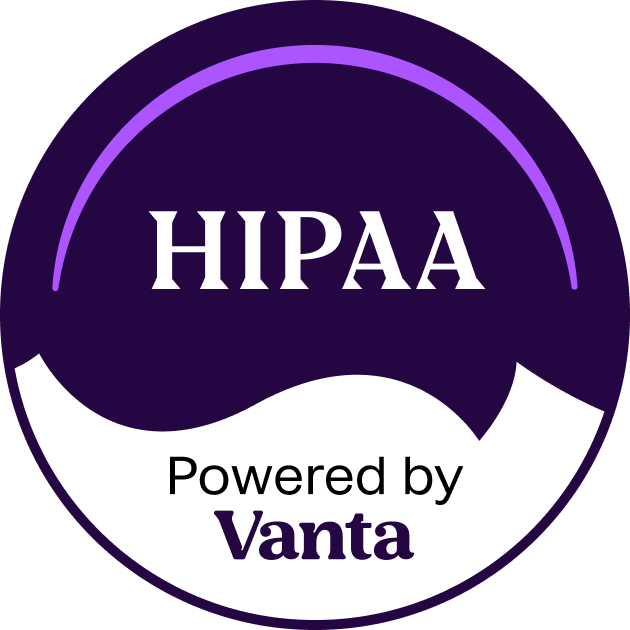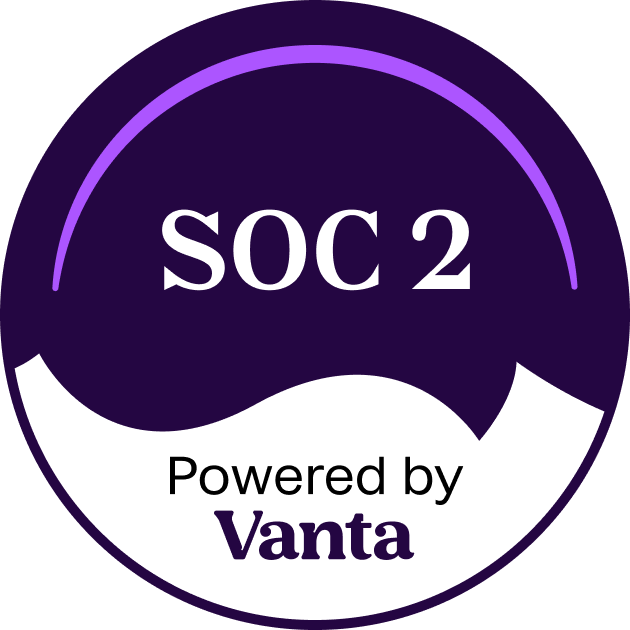An Unofficial FAQ on 12 Step Programs
An Unofficial FAQ on 12 Step Programs
I'd like to preface this post by stating I do not speak on behalf of any 12 step, or peer support program, nor am I speaking as a member of or endorsing any program. Everything below is drawn from my experience as a person in recovery and AJ's experience as a clinician and person in recovery. I encourage all who are interested to read the approved literature from various 12 step groups. You can find a few links below:
Alcoholics Anonymous - https://www.aa.org/pages/en_us/aa-literature
Narcotics Anonymous - https://na.org/?ID=literature
Cocaine Anonymous - https://ca.org/literature/
When it first came out that I had a problem with substances, opiates in particular, my first stop was a psychiatrist that was recommended by my internist. His recommendations in our first session were as follows:
- I stop abusing pills.
- Take Naltrexone after detoxing to help with cravings and prevent relapse.
- Continue with therapy.
- Check out 12 step meetings (AA, NA, CA, etc).
All of this seemed reasonable to me except for the advice to check out a 12 step or peer support meeting. At the time, I didn't know anything about 12 step programs except for that I thought they were for losers who couldn't manage their own problems. Harsh, but that was my opinion. Unfortunately, as I posted about a few weeks ago, I overdosed two months later and enrolled in a treatment program.
As I went through the extremely hard work of treatment it became apparent that beating addiction wasn't something that I could, or even wanted to, beat alone. 12 step programs aren't the only way to find peer support in recovery from addiction, but they are the most well known, and the most widely available medium. The goal of this post isn't to convince you that you need a 12 step program to get sober, but rather to provide a resource of common questions that AJ and I hear.
Are 12 Step Programs Religious? What if I don’t believe in God?
Then this is the program for you! Although 12 Step Programs and members of 12 Step Programs mention God, they are by no means religious programs. The 12 step programs are spiritual programs that allows for people of all denominations and levels of faith to participate. My definition of "spirituality" is living for a greater purpose. It can be as simple as that. If religion, or spirituality feels not right for you, there are specific meetings for atheists and agnostics.
If I take medication prescribed by my doctor am I sober?
Yes. 12 step programs have no opinion on medication taken as prescribed by doctors. However, it is important that any doctor you see knows about your addiction, and understands addiction.
Are sponsors mean?
A sponsor is simply a mentor in sobriety. They are there to help guide you through the 12-steps as they were taken through them and be there for you through ups and downs. If you find that the current sponsor you are working with isn’t exactly fitting right, it is perfectly normal to find sponsorship elsewhere and let that person know that things aren’t working out.
Can you fail out of a 12 step program?
“The only requirement for membership is a desire to stop drinking.” 12 step programs do not have any limitations on who can attend meetings and therefore there is no barometer for not being welcomed. Relapse is a part of the story for many people in long-term recovery and they are always encouraged to come back for support. If you want to stop drinking/using and want sober support and even if you don’t but you are curious, a 12-step program is a safe place.
Can I still come to meetings without doing the steps?
Absolutely! There is no requirement in order to stay in 12 step programs other than wanting to stop drinking or using. Getting a sponsor is not a prerequisite nor are the steps. They are suggested as ways of helping but are not must-haves.
If I relapse, can I come back?
Not only can you come back, everyone in that meeting would love to see you and hear you!
I haven’t found a meeting that I like, what should I do?
This is something that almost everyone can identify with! The best part about 12 step is that there are so many meetings! If the meeting you are going to isn’t exactly your style, our team will sit down with you to figure out exactly what YOU are looking for! With so many options to choose from, there is absolutely a meeting for you!
How do I find a meeting that I like with in person meetings being shut down due to COVID?
The rise of “ZOOM” meetings means you now have even more options! Websites like https://12step.video, and the “Meeting Guide” app aggregate AA and NA meetings from all over the world. You can now attend a meeting anywhere at any time! Matt’s new morning routine includes a cardio workout and joining a meeting.
How do I find a sponsor?
Great question! Now that you have been attending meetings and have possibly found a home group, finding a sponsor will be a bit easier! The general consensus is that you should seek someone out who “has what you want,” but what does that mean? Looking for someone who has the type of sobriety you want – how they carry themselves, what their spiritual life looks like, how they handle difficult situations, etc. You can always seek someone in particular out at a meeting or you can go to the sponsorship rep at your home group and let them know you are looking for one. If that feels uncomfortable, let us know and we will help!
How do I find a sponsor during COVID?
With “ZOOM” meetings this has not changed! Every meeting will have a break to discuss sponsorship, and in many meetings people will post their numbers in the chat. Additionally, AJ and Matt are happy to help as well!
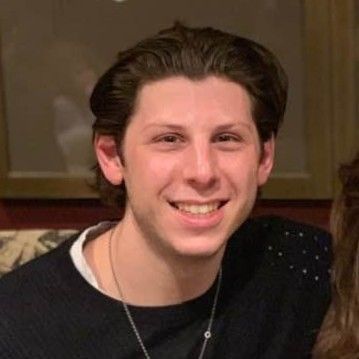
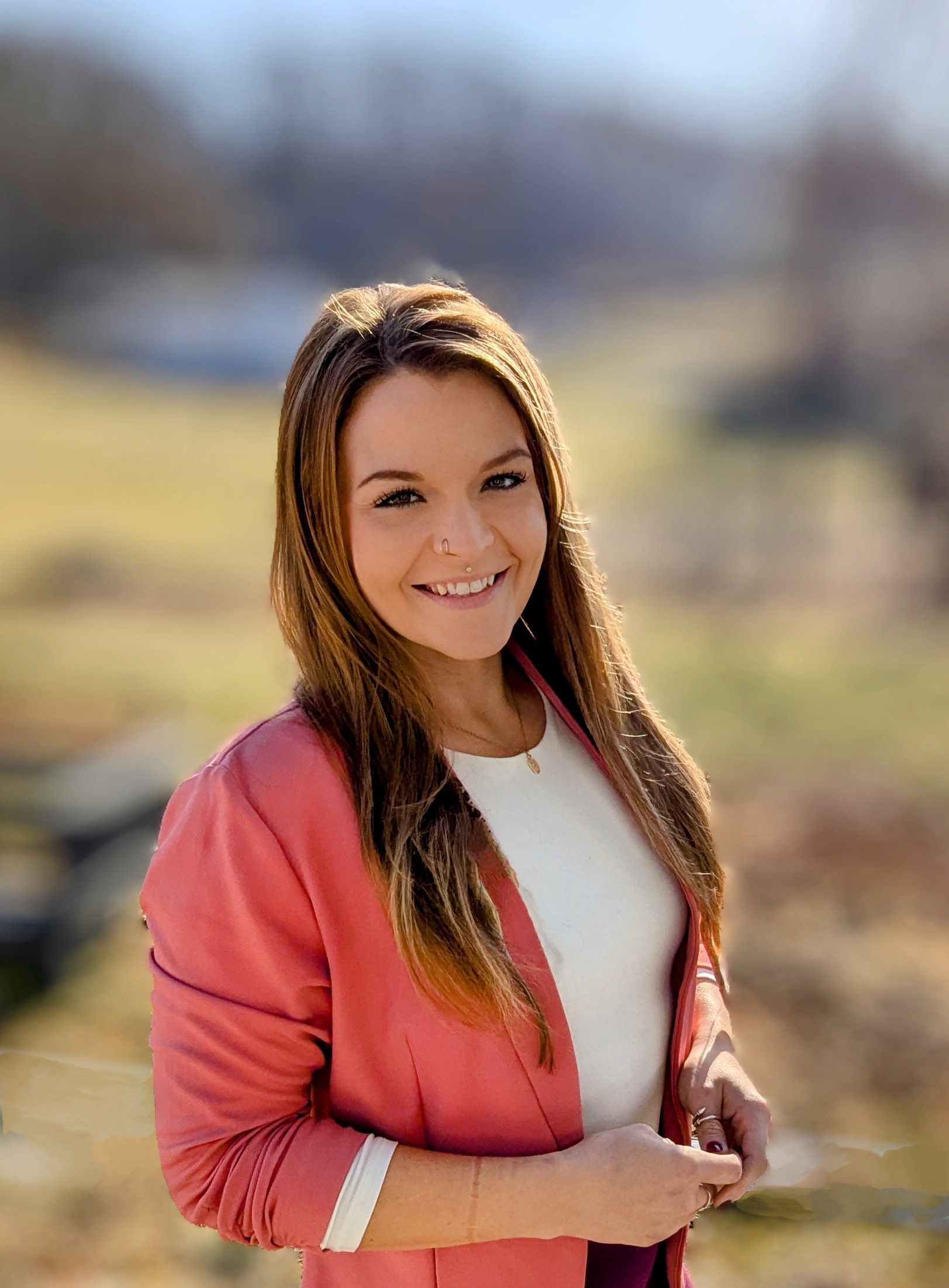
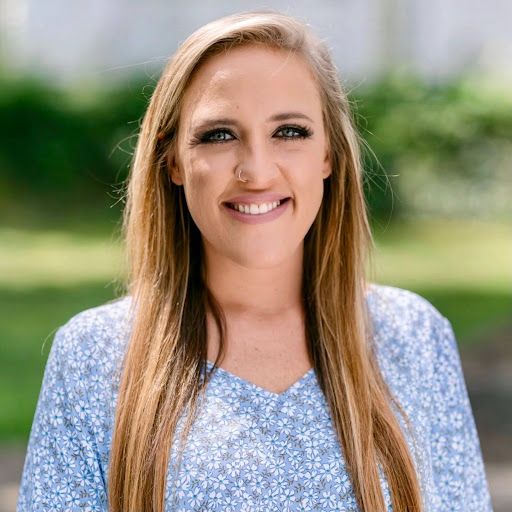
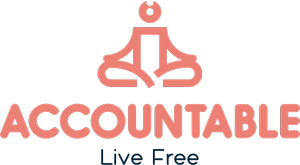
hello@youareaccountable.com
(646) 450-7641
